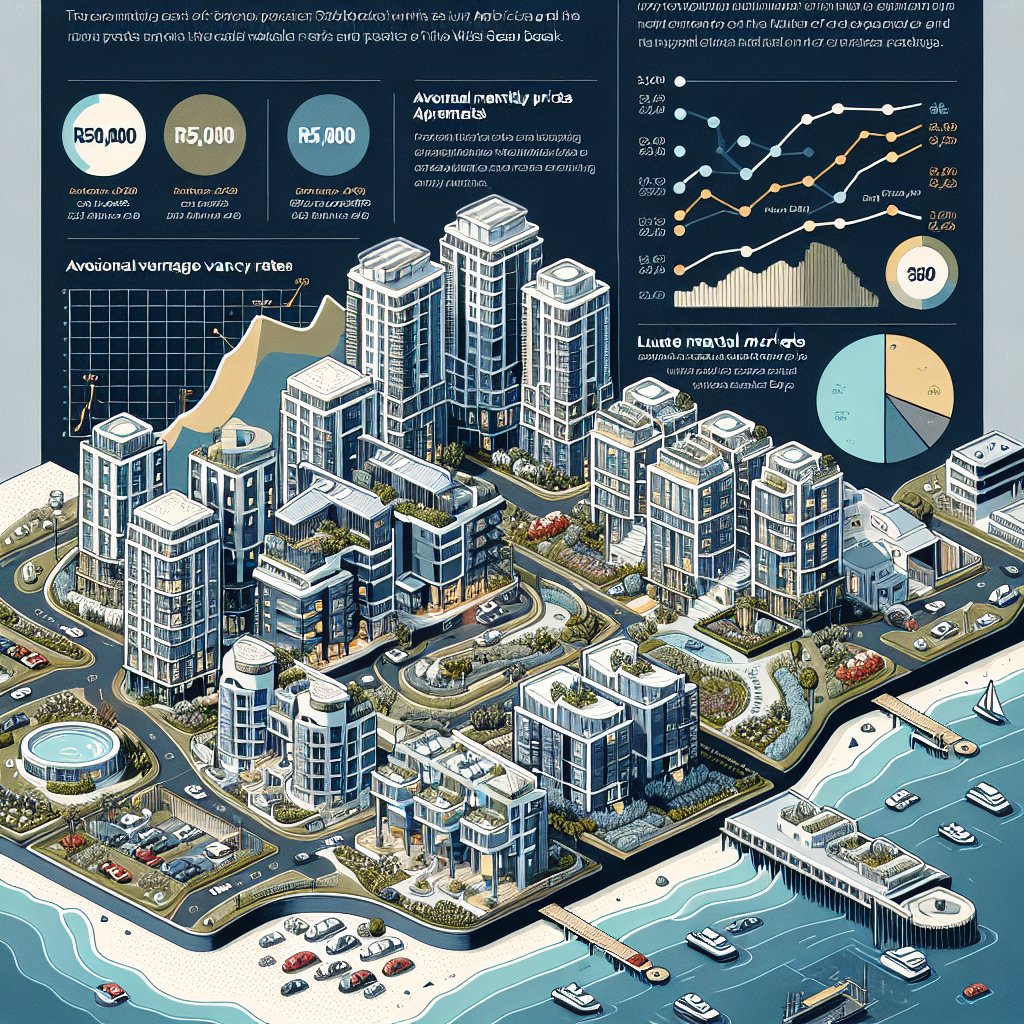Image created by AI
Cape Town’s Atlantic Seaboard Dominates the Rental Market in South Africa
Cape Town's picturesque Atlantic Seaboard has emerged as the country's elite rental location, commanding exceptionally high rents that outline the economic disparities within South Africa's property market. The recent findings from the prominent Rode report shed light on a market where a mix of breathtaking views, opulent lifestyles, and economic factors converge to create a highly sought-after living experience.
A particular focus within this upscale market is on three-bedroom apartments, which reach up to a staggering R130,000 per month in rent, setting a new benchmark for luxury living in South Africa. Neighboring areas along the Atlantic Seaboard, such as Sea Point, Green Point, and Three Anchor Bay, also showcase substantial rental figures, with an average of R55,000 monthly rents.
However, the report doesn't only illuminate the high-end segment but also provides insight into broader market dynamics. On the national front, the average flat vacancy rate has shown a considerable decrease to 6.7% in the second quarter of 2024, descending from 7.9% in the preceding first quarter and down from the yearly average of 7.2% in 2023. This signifies a recovery trajectory since the vacancy rate peak at 13% during the Covid pandemic.
Regionally, Gauteng has seen its apartment vacancies decline from 9.3% to 7.1%, and rental prices increased by 2% year-on-year in the initial quarter, demonstrating a cautious yet steady rebound after the pandemic-induced setbacks. Johannesburg and Pretoria were instrumental in this recovery, manifesting a rise in rentals despite prominent vacancies.
In stark contrast, though, the Western Cape has reported a significantly lower vacancy rate at 2.7%, accompanied by a rental growth of 4.2%, indicating a stronger and more resilient real estate sector compared to Gauteng. This favourable position is bolstered by having the lowest rate of tenant arrears at 14.2%, further signalling healthy levels of affluence and fiscal responsibility amongst its residents. A contributing factor could also be the province's boast of having the lowest unemployment rate in the country.
Despite the overall improvement in vacancy rates, which naturally propels rental growth, the report suggests that increases in rent remain modest at best. Property managers appear to exercise restraint, maintaining controlled rental hikes to ensure occupancy during economically uncertain times. With the high cost of borrowing, the rental market has become an attractive alternative for individuals priced out of the buying market. Nevertheless, a potential shift could occur if interest rate cuts are introduced, possibly enticing renters towards purchasing their own homes.
In drawing a comparison between the rental markets of different metropolitan areas, Rode's report highlights both Cape Town and Pretoria as cities with significantly high rental costs for upscale apartments, where the starting price is at R17,000.
As property markets continue their post-pandemic recovery, regions like Cape Town's Atlantic Seaboard show that luxury markets operate under different dynamics, with demand remaining strong despite the broader economic challenges faced across South Africa.










